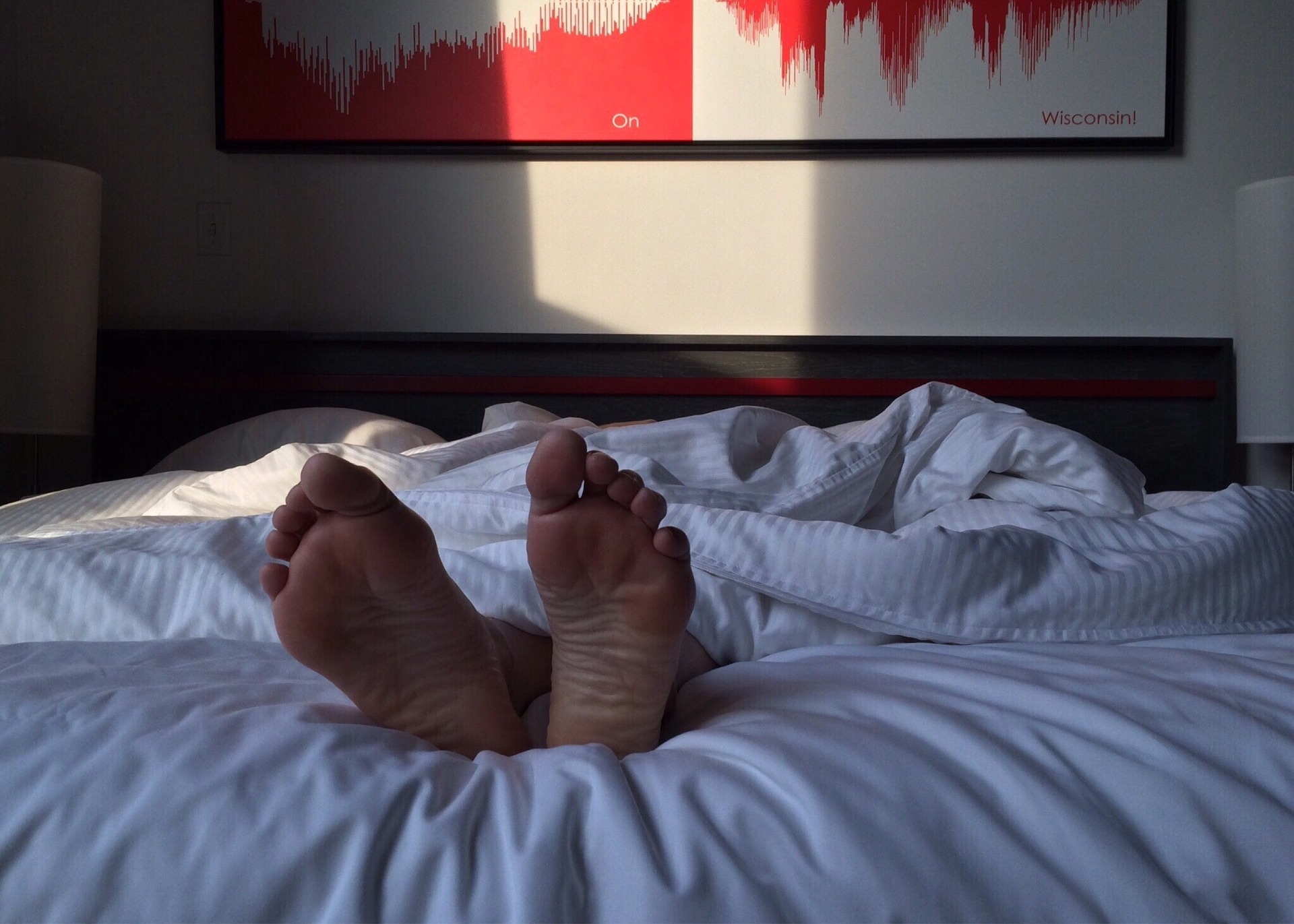Media Release
From: CQUniversityA new ‘person-centred’ analysis has revealed a range of teenage sleep pattern profiles, including some linked with adverse outcomes.
The ‘more risky’ Late Owls and Variable Owls (later timing) profiles in particular could benefit from targeted sleep interventions, as they exhibited more sleep pattern variability. Variable sleeping has often been called ‘Yo-Yo sleeping’ or ‘Social jetlag’.”
Early Larks, Larks and Intermediates may need less intensive support as they exhibited less variability and were more stable over time, tending only to transition to other healthy profiles.
That’s according to CQUniversity Head of Paediatric Sleep Research, Professor Sarah Blunden, who was commenting in the lead up to World Sleep Day on 15 March.
“The worst outcomes are not only shorter sleep but also more variable sleep; for example greater variation in sleep timing between school and non-school nights, reflecting the school-week sleep debt,” she says.
“Changes in sleep timing have important implications for functioning and well-being and are linked with adverse outcomes such as obesity, poorer academic performance, and mood disturbances.”
“Because this is essentially behavioural and therefore modifiable, tailored and targeted interventions have the potential to make a difference.”
Writing in the Behavioural Sleep Medicine Journal, Professor Blunden noted that few of the adolescents with ‘less healthy’ profiles managed to transition to a healthier profile.
She said the less healthy sleep profiles were also predicted by factors including later pubertal stage, being male, higher BMI, poor physical health, geographic remoteness, and greater social disadvantage.
Transitions between profiles over time were also predicted by screen time, BMIs and health-related quality of life (HRQoL).
Professor Blunden has previously noted that poor sleep health may be a significant and, to date, poorly addressed factor that should be considered within the discourse around ‘closing the gap’ in the health and wellbeing of Indigenous children and young people.
“Short sleep, early wake times and variable sleep have been associated with poorer school performance among Australian Indigenous children,” she says.



